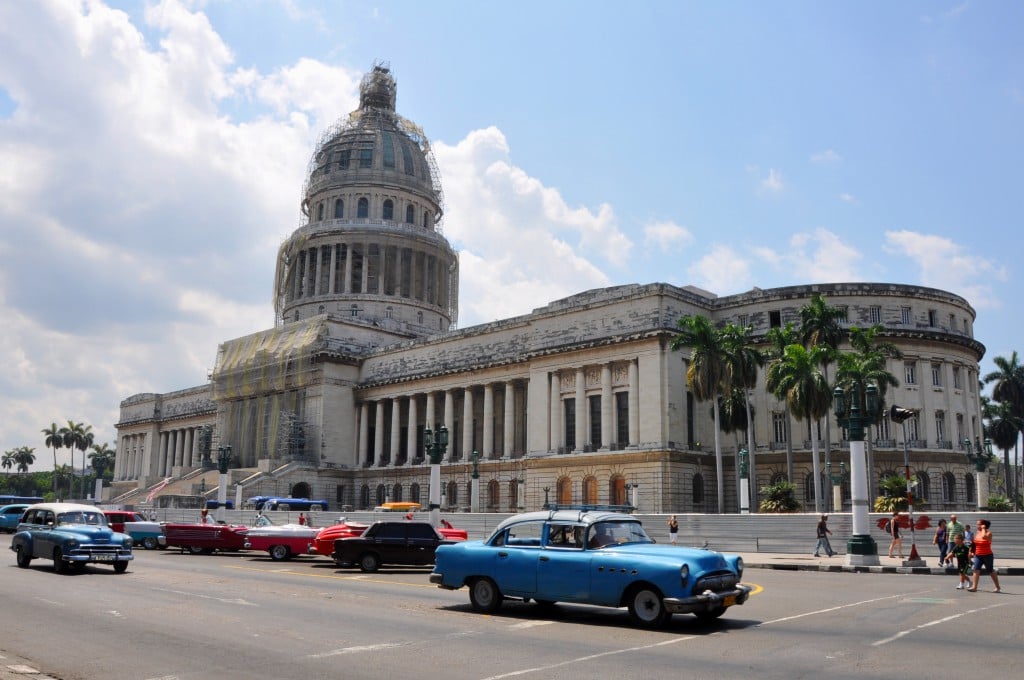On April 14, 2015, President Obama submitted to the U.S. Congress a report and certification indicating the Administration’s intent to rescind Cuba’s designation as a State Sponsor of Terrorism. The rescission of Cuba’s designation as a State Sponsor of Terrorism will become effective unless Congress enacts a joint resolution prohibiting the proposal within 45 days after receiving the report. The proposal is part of the Obama Administration’s efforts to establish diplomatic relations with Cuba and relax certain aspects of the U.S. embargo of Cuba, which we have discussed in various previous blog posts, including our posts here and here. While rescission of Cuba’s designation as a State Sponsor of Terrorism would represent an important policy change and a further step towards normalizing U.S.-Cuba relations, it would not affect most trade and financial sanctions against Cuba. For example, the core restrictions on investment, trade, and financial transactions with Cuba and the ban on tourist travel to Cuba are imposed by statutes not linked to the State Sponsor of Terrorism designation, and will remain in place absent further Congressional action. The limited changes which would result from the rescission of Cuba’s State Sponsor of Terrorism designation include, among others (and subject to regulatory amendments): (i) eligibility for authorized exports to Cuba of a broader range of dual-use goods, software, and technology subject to U.S. jurisdiction; (ii) eligibility for certain U.S. federal assistance (e.g., humanitarian aid) to Cuba; and (iii) the elimination of the ability of U.S. citizens to pursue private claims against Cuba in U.S. courts.
Alison Stafford Powell has considerable experience counseling US and non-US companies on cross-border outbound trade compliance in the areas of export controls, trade and financial sanctions, anti-terrorism controls, anti-corruption and anti-money laundering rules, US anti-boycott laws, and US foreign investment restrictions under the Exon-Florio Provision. With a background also in EU and UK trade restrictions, she routinely advises non-US companies on reconciling US and EU trade regulations and on the extra-territorial impact of US trade restrictions. She is a dual US/English qualified lawyer and has worked in the Firm’s London, Washington, DC and Palo Alto offices since 1996.
Kathryn Anderson is an associate in Baker & McKenzie's International Commercial Practice Group in San Francisco. Practice Focus Ms. Anderson’s practice focuses on cross-border transactions and international trade regulation, including export controls, trade and investment sanctions, anti-terrorism controls, and customs and import regulations. Her practice also covers anti-corruption rules and international corporate compliance.



